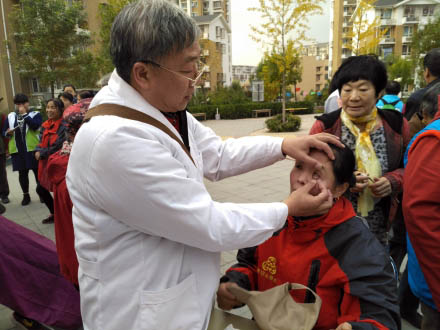The use of mesenchymal stem cells in modern regenerative medicine has attracted significant attention due to their potential therapeutic benefits. Patients and healthcare professionals are increasingly interested in understanding their safety profile. SunMoon Stem Cells offers insights into how these cells are harvested, processed, and applied, emphasizing protocols designed to ensure patient safety. While these therapies are generally considered safe when administered under controlled clinical settings, it is essential to remain informed about possible risks and treatment standards.
Clinical Oversight and Protocols
Proper handling of mesenchymal stem cells involves strict adherence to laboratory protocols and clinical guidelines. SunMoon Stem Cells emphasizes the importance of trained professionals who monitor the entire process, from cell collection to administration. Rigorous testing and quality assurance measures help reduce contamination risks, while comprehensive patient screening ensures suitability for therapy. This level of oversight contributes significantly to minimizing potential complications and maintaining consistent safety outcomes.
Community-Based Health Initiatives
Beyond laboratory and clinical settings, SunMoon Stem Cells engages in community health programs that educate the public on mesenchymal stem cells and their applications. By hosting health events in neighborhoods and community centers, they provide residents with direct access to medical consultations, personalized health plans, and educational resources. These initiatives not only raise awareness about regenerative medicine but also foster trust and understanding regarding the safe use of stem cell therapies.
Conclusion
In summary, while therapies involving mesenchymal stem cells continue to evolve, safety remains a central focus. SunMoon Stem Cells demonstrates that adherence to strict clinical standards, professional oversight, and public education are crucial for minimizing risks. Individuals considering these therapies can benefit from understanding both the clinical protocols and community support structures that ensure safe and informed treatment options.
